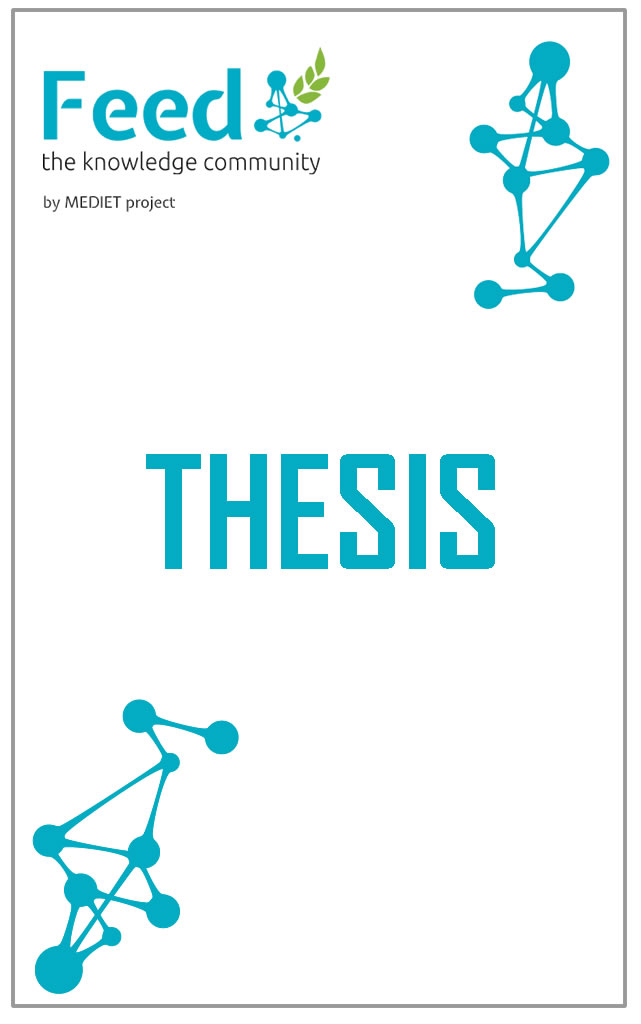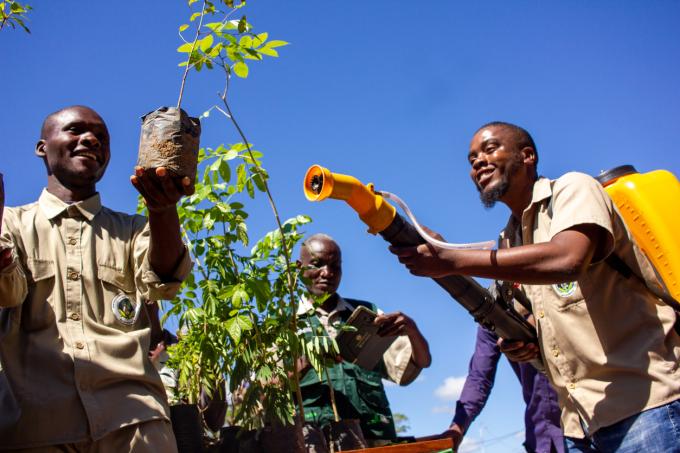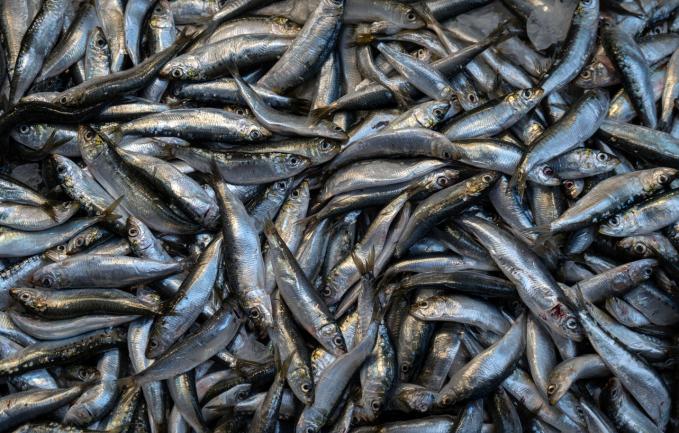THESIS & RESEARCHES

Evaluation of fungicides and of a self-defense inducer compound to control olive leaf spot (Venturia oleaginea) disease in olive.
Year:
2021
Author:
Adawi Amer A. A.
In 2021, an experiment was conducted on the Nabali Baladi cultivar in an olive grove in Palestine. The aim was to evaluate the effectiveness of fungicides with a low copper content or no copper and of a self-defense inducer to control olive leaf spot (OLS - Venturia oleaginea). The following compounds were evaluated: Copper complexed with lignosulphonate and gluconate, Dodine and a Self-defense inducer. They were compared with Copper hydroxide, traditionally used, and an untreated Control. Treatments were performed in March, July and August. In March 2021, leaves grown in 2020 were present and were 100% infected. Defoliation increased in all treatments, but with varying levels of intensity: the Control had the most defoliation, followed by Copper hydroxide and Copper complexed with lignosulphonate and gluconate, whereas Dodine and, in particular, the Self-defense inducer had the least. All treatments reduced symptomatic leaves, but their efficacy varied significantly: Copper hydroxide was the least effective, Copper complexed with lignosulphonate and gluconate was intermediate, Dodine and, mainly, the Self-defense inducer compound were the most effective. Overall, the results are promising since the three tested compounds were able to significantly reduce OLS damage and the amount of copper used for treatments.
Supervisor:
S. Jarrar, F. Famiani and M. Gallo
Collaboration:
CIHEAM











